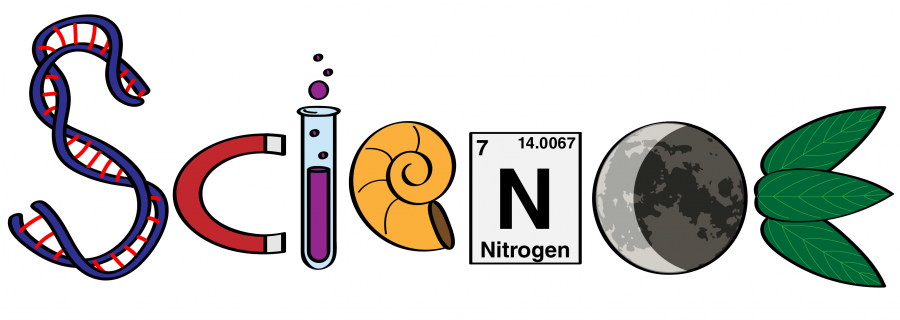Why Science Literacy Should Play an Important Role in Society
Science becomes a larger role in society.
Since the dawn of mankind, the development and sharpening of scientific thought has been key in understanding that which is not immediately known to us. For centuries, people thought that stars were simply lanterns in the sky, moving across it along an oscillating dome. For even longer, millennia, perhaps, humans believed, based on religious scriptures, that the Sun and moon and stars revolved around a stationary Earth, and that God placed us at the epicenter of the universe. We were in the dark. However, as human beings mastered agriculture, travel, warfare, and overall dominance of their territories, such as the Egyptians, Romans, and so on, their ways of thinking also developed. While the majority of the common people during these times participated in festivals, religious gatherings, and other communal practices, a select few began contemplating some of life’s most intriguing and mystical questions. They became well-known philosophers, such as Aristotle, Socrates, and Plato. As more and more “thinkers” began to perfect the science of philosophy, the same occurred for science in a broader term. Pythagoras was the first Greek to call the Earth round. Scientists in the Middle East built some of the first observatories for astronomy. Science was beginning to play a much larger role in society.
Scientific discovery went from an optional field of study to a necessary survival tool in a short time. Doctors, through the uses of research, trial, and availability, garnered the ability to cure diseases, and prevent infections from destroying populations. For most people, these innovations improved the quality of life. In recent times, the average life expectancy for humans is thirty years greater than what it was a century ago. In the fields of engineering and space science, incredible feats have been accomplished. In 1903, the first plane flew over a field in Kitty Hawk, North Carolina. 57 years later, America had put men on the moon. In 1945, the same country swiftly brought an end to World War Two, by manufacturing and using a bomb capable of annihilating an entire city. Science has been with humanity since its conception, and is vital to the progression of its well-being. Yet, so many in this country seem to have a deep distrust towards science.
The question of scientific ignorance is not a question of intelligence. It is a question of one’s acceptance to change. In 1859, Charles Darwin, an English biologist, published his theory of evolution (by natural selection), a revolutionary find in the field of biochemistry. Although staunchly opposed by other biologists at the time, it has since been hailed as the most likely explanation for the advancement of life on Earth, and has garnered support by the vast majority of scientists. However, the theory has been met with furious criticism from certain religious bodies, most notably Christians in the United States. Despite more than a century’s worth of scientific data to its credit, and the fact that the country once led the world in education and science, nearly 50% of Americans do not believe in the Theory of Evolution.
This may reflect two key factors. The first one is religious teachings, and how they are taught. The Theory of Evolution goes in direct contrast with most of religion’s traditional explanations as to the origin of life. The Bible, for example, states that all of the creatures on Earth, including humans, were created in their present form, by God. In contrast, the Theory of Evolution by Natural Selection suggests that natural, not divine, forces create life. Natural explanations threaten the hold that religious institutions have on people. This may increase religious leaders’ incentives to discredit the theory. Perhaps,the second factor is the brain’s desire to simplify information. Human beings, on a daily basis, receive a myriad of complex information about their surroundings. They are challenged to make sense of large chunks of data about their environment.To meet this challenge, humans tend to distort information. The same thing can happen with people unaccustomed to thinking scientifically. The scientific method requires an in-depth, repeatable process in order to work. In an effort to simplify complex information, people may be prone to conclude that “God did it”.
Scientific literacy is vital to the continual success of the human race. Without it, things like effective medical treatment and advances in technology would be impossible. Science has unlocked an innumerable number of doors people have only begun to explore, like nanotechnology, theoretical physics, and aerospace-engineering. Scientific ignorance is a plague that has been, and forever shall be, a hindrance in human understanding of the natural world. Human beings need to fight against their desire for simplicity, and instead encourage scientific inquiry and thought. Believing in science is a leap, but is a leap worth taking.



